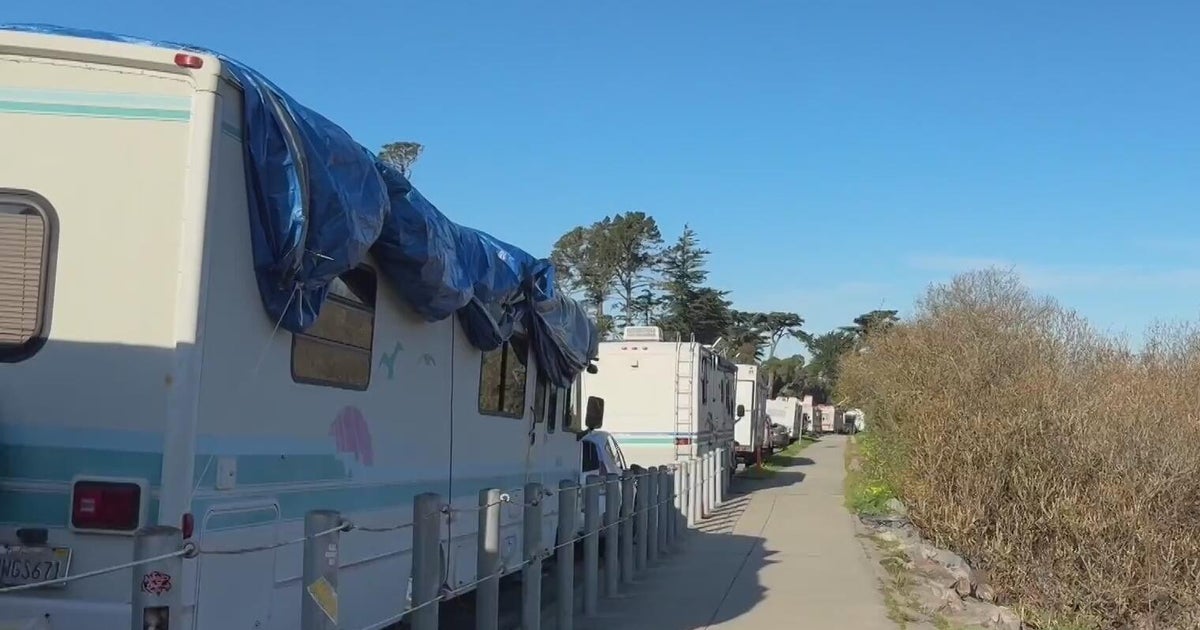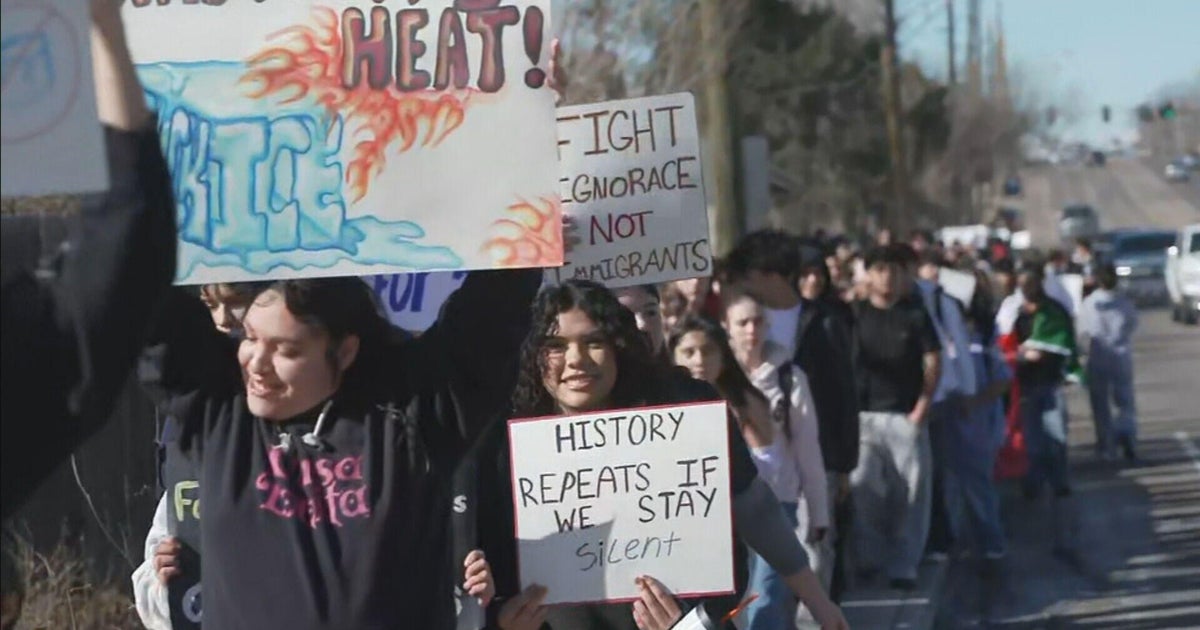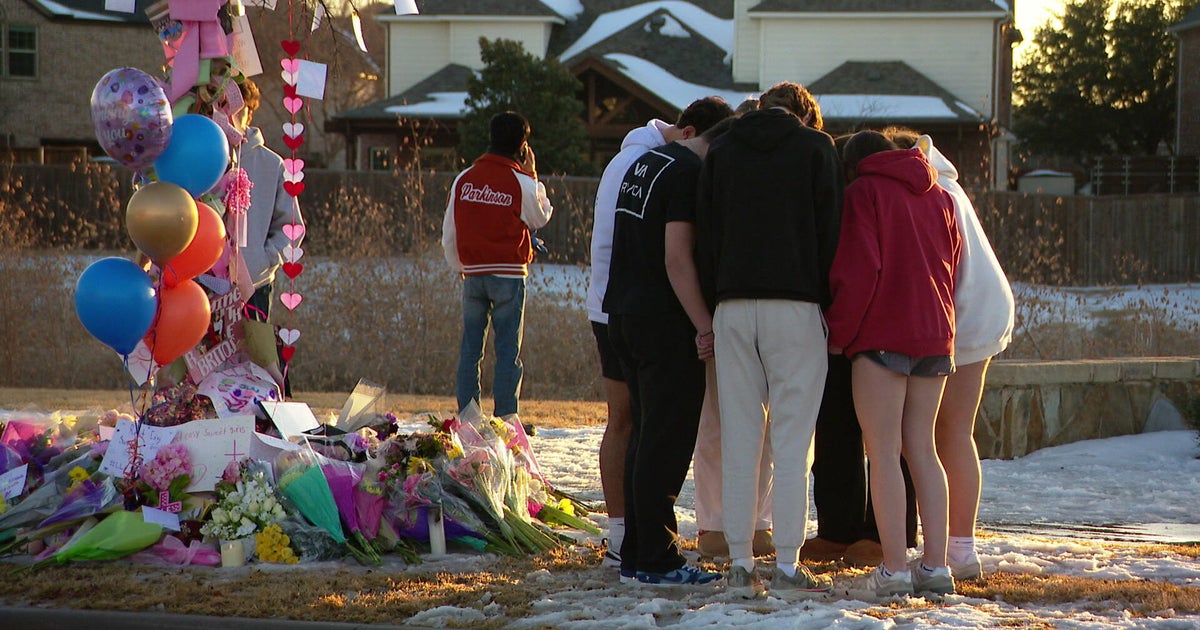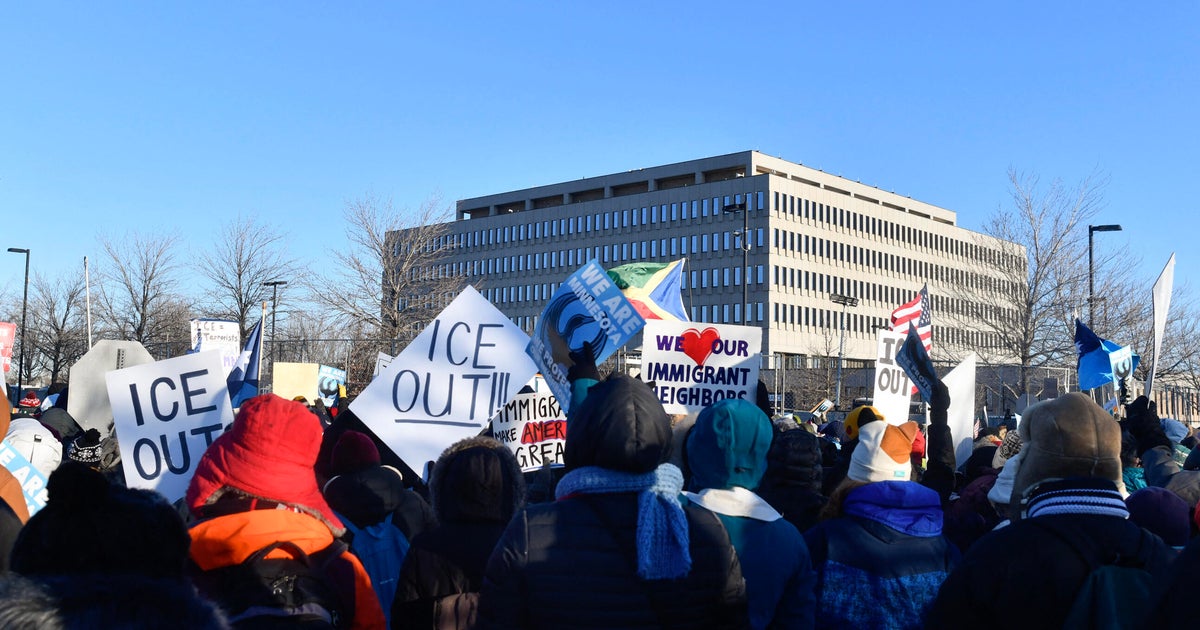Pelosi, Sebelius Tout San Francisco General's Patient Care, Low Costs
SAN FRANCISCO (CBS SF) -- House Minority Leader Nancy Pelosi and U.S. Department of Health and Human Services Secretary Kathleen Sebelius identified San Francisco General Hospital and Trauma Center as a model for providing better care at lower costs to patients during a round table discussion at the hospital Friday morning.
San Francisco General Hospital was featured as one of the 1,500 hospitals nationwide that have joined Partnerships for Patients, a federal program that focuses on preventing hospital-acquired conditions and reducing readmission rates for patients.
In three years, the program is expected to reduce hospital infections by 40 percent—saving an estimated 60,000 lives—and reduce hospital readmissions by 20 percent—meaning 1.6 million patients would not return with avoidable complications, Sebelius said.
Doctors, former patients, and hospital officials joined Pelosi, D-San Francisco, and Sebelius to describe some of the innovative ways San Francisco General Hospital is meeting these goals.
"We're used to doing things with limited resources and that has forced us to be creative in our approach to patient care. We're really proud of the work we do here," said Susan Currin, CEO for San Francisco General Hospital.
Flight attendant Crystal Elmendorf of Sacramento highlighted the care she received to prevent complications after she suffered a traumatic brain injury when her Jeep rolled over on her way to work in 2001.
After Elmendorf, now 41, was treated and released from the hospital, Dr. Geoffrey Manley continually provided follow-up care, she said. When Elmendorf developed a staph infection during her outpatient rehabilitation, Manley provided consultation.
"No one ever skipped a beat. The communication was incredible," Elmendorf said. "No matter what, all the options were laid out."
Also designed to help patients make decisions, the Acute Care for Elders project is focused on educating and empowering patients while they are in the hospital, its medical director Dr. Edgar Pierluissi said.
Patients are told about possible warning signs and given handouts describing their medications and treatment, Pierluissi said.
The project, which treats patients who are at least 65 years old, has never been "tested in a population like ours, with 20 languages, a number of Medicare and Medi-Cal eligible patients, who have higher rates of disability," he said.
This is a novel idea, Pierluissi said, but it could reduce hospital readmissions by 30 percent.
The project involves calling the patient 48 hours after being released to discuss how the patient is feeling or any difficulties encountered, such as going up stairs or eating, he said. Ten days later, the patient will receive another follow-up call.
"It's very simple patient-centered things, but they make a huge difference," Pierluissi said.
A transition care program aimed at those at least 60 years old, Support from Hospital to Home for Elders, helped San Francisco resident Gregory Lyons recover after a stroke this January.
"The SHHE program was all about reintegrating me in a healthy way back into where I live," Lyons said. "I live on the third floor. They were concerned about stairs. They were concerned about shopping."
The "nuts-and-bolts questions" the hospital asked about the quality of his life were basic, but important, Lyons said.
"Don't have a stroke, but if you do, you want the kind of care that I got here," he said.
Sebelius said if other hospitals emulate these types of programs, the Partnership for Patients could potentially save up to $35 billion, with a minimum of $10 billion in savings for Medicare in the next three years.
The Affordable Care Act, passed through Congress last year, has invested $1 billion into the Partnership for Patients.
The goal is to "help other providers across the country take on this effort," she said.
Sebelius described San Francisco General Hospital's population as "challenging," because of the many older patients with chronic conditions who arrive in debilitating shape speak a number of different languages.
"If it can happen here, we can make this happen across the country," Sebelius said.
(Copyright 2011 by CBS San Francisco. All Rights Reserved. This material may not be published, broadcast, rewritten, or redistributed. Wire services may have contributed to this report.)







